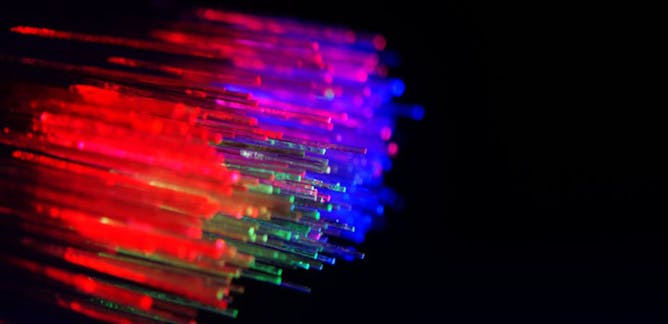|
Do you trust the news you use? The Reuters Institute and Oxford University have just released their annual digital news report, based on a survey of over 74,000 online news consumers in 37 countries, including Canada. And time to blow our own horn: the launch of The Conversation Canada is mentioned in the report that highlights new media initiatives in Canada. The report also states 58 per cent of survey respondents from Canada said they have an overall trust in the news (globally, Canada ranks fifth in this
category) and when it comes to “trust in news I use,” the figure jumps to 63 per cent.
We like to think The Conversation is helping build trust with Canadians though our evidence- and research-based explanatory articles and expert analyses by researchers and scholars. We hope you agree.
And further to that point, here are my favourite “trustworthy” reads from around The Conversation network.
Have a great weekend and we’ll be back in your Inbox on Monday.
Regards,
|
Weekend Reads
|

Sheri Madigan, University of Calgary; Gina Dimitropoulos, University of Calgary; Nina Anderson, University of Calgary
Our experts offer 12 tips to parents and educators -- to protect their kids from sexual solicitation online and encourage safe and responsible internet use.
| |

Keith Payne, University of North Carolina – Chapel Hill
Time often seems to fly by when you're a parent. A social psychologist explains why it actually – and fortunately – does not.
|

Hugh Stephens, University of Calgary
Canada's protectionist stance on dairy products has attracted the ire of Donald Trump. The U.S. president raises legitimate points about a system that costs Canadians at home and abroad.
| |

David Rowe, Western Sydney University
Scandal-plagued FIFA says it's committed to reform. Changing the way World Cup hosts are selected would be a start.
|

Andrew Brown, UNSW
New research has discovered brain receptors that sense heat also play a hand in appetite.
| |

Richard Paul, Bournemouth University
Your hair can reveal how much you drink, whether you smoke or take drugs, and perhaps even how stressed you are.
|

Arnaud Mussot, Université de Lille – ULNE; Matteo Conforti, Université de Lille – ULNE; Stefano Trillo, University of Ferrara
In 1954, three scientists observed a paradox to which they gave their name: the Fermi-Pasta-Ulam recurrence. Now, fibre optics are on the way to finally providing an explanation.
| |

Ruth Simbao, Rhodes University
The persistence of Sam Nzima's June 16 photograph is remarkable. The shadow in the photograph can be read as a metaphor for the rich debate that this image continues to bring to the surface.
|
|
|